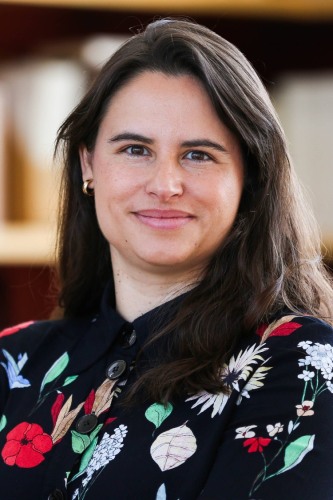
Laura Acosta
Biography
Laura Acosta is a Postdoctoral Fellow in International and Public Affairs at Brown University. She completed her PhD in Sociology at Northwestern University. Before joining Brown, Laura taught courses on social inequality, political sociology, and research methods at Trinity College Dublin. Her research brings a historical and comparative perspective to questions of nation formation and the construction and transformation of social identities and symbolic boundaries over time, especially as these processes sustain violence and war.
Her research has been published in Theory and Society, Social Forces, and Quality & Quantity, and has received awards and honors from four different sections of the American Sociological Association: Culture; Human Rights; Theory; and Peace, War, and Social Conflict.
Research
My research investigates the causes, consequences, and barriers to social change in societies with perpetual civil wars. My approach to studying social change involves examining the evolution of contrasts between what people say and believe about the world and the actual conditions they live in. I combine historical, quantitative, and ethnographic methods to systematically link the micro-social and psychological roots of wartime interactions with the macro-historical causes and consequences of civil war.
My book project, The Enemy Foretold: National Deception, Self-Fulfilling Prophecies, and Perpetual Civil War in Colombia and Mexico, explores how and why political leaders fabricate enemies and use these lies to create and perpetuate civil wars.
Publications
Acosta, Laura & Robert Braun. 2022. “War Commemoration and Nationalism in Belgium, 1914-1945: The Role of Military Networks”, Social Forces, 100(4), pp. 1884-1909.
Mahoney, James & Laura Acosta. 2022. “A Regularity Theory of Causality for the Social Sciences”, Quality & Quantity, 56, pp. 1889-1911.
Acosta, Laura. 2021. “Victimhood Dissociation and Conflict Resolution: Evidence from the Colombian Peace Plebiscite”, Theory and Society, 50(4), pp. 679-714.